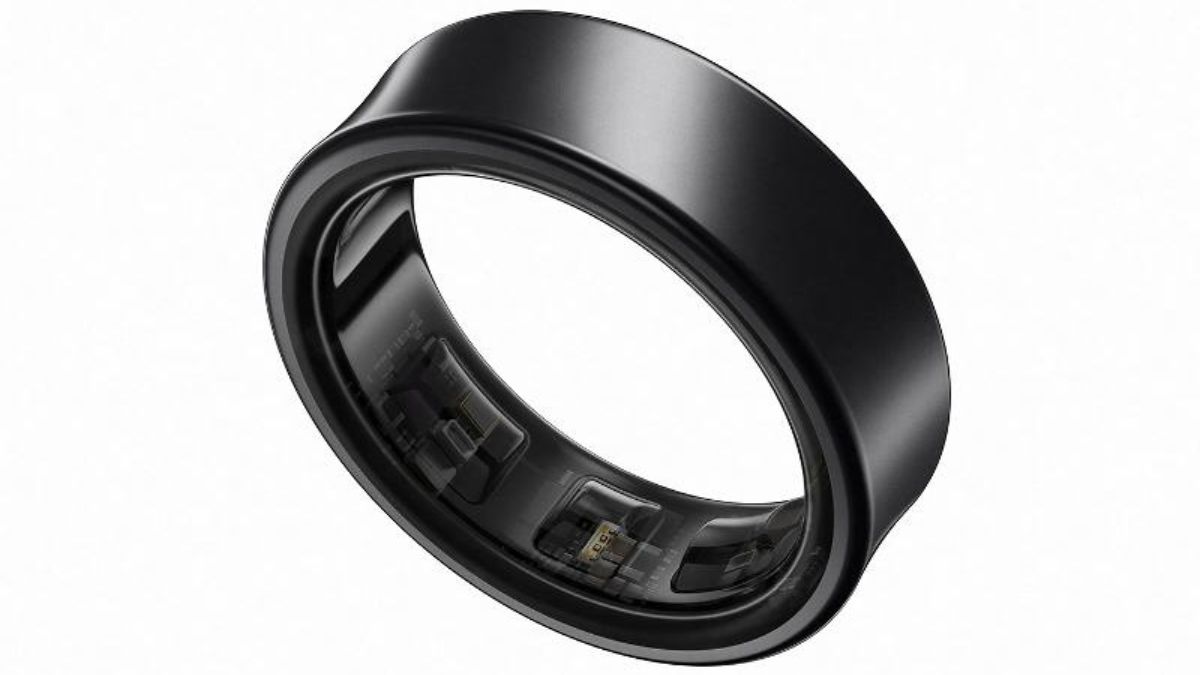PARIS — Samsung launched the Galaxy Ring on Wednesday, introducing its first smart ring, a product designed to enhance its ecosystem by offering advanced health-tracking features alongside its smartphones and wearables.
The lightweight Galaxy Ring, equipped with sensors for 24-hour health monitoring, was unveiled at Samsung’s Galaxy Unpacked event in Paris. This launch marks Samsung’s entry into the smart ring market, aiming to rival Apple’s dominance in health-tracking technology.
With smartphone sales stabilizing and consumers holding onto their devices longer, Samsung is exploring new product categories to maintain user engagement. The Galaxy Ring complements Samsung’s existing health-tracking portfolio, positioning itself as an essential device for a comprehensive health monitoring experience powered by artificial intelligence.
Key Features and Pricing
The Galaxy Ring offers various health-tracking features, including:
- Sleep Monitoring: Tracks movement during sleep, sleep latency, heart and respiratory rate, and provides sleep quality analysis.
- Menstrual Cycle Tracking: Uses skin temperature to help track the menstrual cycle.
- Heart Rate Monitoring: Alerts users when their heart rate is unusually high or low and provides real-time heart rate data.
- Exercise Detection: Identifies different types of workouts and activities.
Weighing between 2.3 and 3 grams depending on the size, the Galaxy Ring comes in three colors. It boasts a battery life of up to seven days and includes a portable charging case. Priced at $399.99, the Galaxy Ring will be available starting July 24.
Strengthening the Samsung Ecosystem
Alongside the Galaxy Ring, Samsung unveiled the Galaxy Watch 7 and Galaxy Watch Ultra, marking the introduction of the “Ultra” model designed for athletes and outdoor enthusiasts. Samsung also launched the latest foldable devices, the Galaxy Z Fold 6 and Z Flip 6, further expanding its product lineup.
The Galaxy Ring is designed to work seamlessly with Samsung’s other devices. When paired with a smartwatch and smartphone, the ring provides a detailed picture of a user’s health, particularly during sleep. The interconnectedness of these devices, powered by AI, enhances the effectiveness of health monitoring and data collection.
Industry Insights
Analysts see the Galaxy Ring as a strategic move to integrate Samsung’s ecosystem further and compete with major players like Apple. Francisco Jeronimo, vice president for devices research at IDC, highlighted the importance of AI in enhancing the user experience by collecting comprehensive data from multiple devices.
Ben Wood, chief of research at CCS Insight, noted that while the Galaxy Ring may not significantly impact sales volume, it fits well with the growing consumer interest in health tracking. Samsung’s global reach and marketing power are expected to establish the smart ring market on a larger scale than competitors like Oura.
Future Prospects
The Galaxy Ring could open new revenue streams for Samsung through potential software services. The Samsung Health app, which provides data from wearables, may introduce a subscription service in the future, expanding Samsung’s offerings in the health-tracking market.
“For Samsung, this category may not become a major revenue stream, but it helps expand the wearables portfolio and opens the door to new services in the future,” Jeronimo said.
As Samsung continues to innovate and integrate its products, the Galaxy Ring represents a significant step in maintaining user engagement and enhancing the overall ecosystem.


